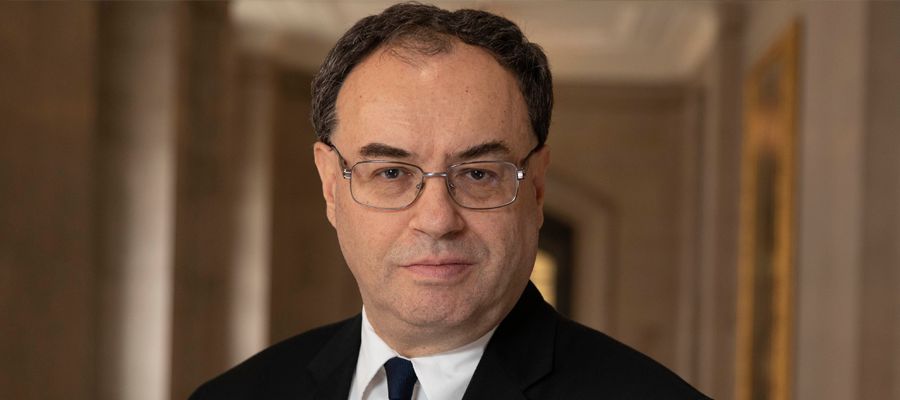Inflation is already at a 30 year high of 7% and could yet hit 10%.
- Wednesday, May 4, 2022

The Office of National Statistics (ONS) have confirmed that UK food prices have risen by 5.9% year on year due to the increased cost of fertilizer, fuel and animal feed. The Ukrainian conflict has increased energy costs and restricted access to a major source of wheat and sunflower oil. The UK’s major supermarkets have warned that food prices will remain high for quite some time to come.
The extensive Covid lockdowns in mainland China will also have an impact upon supply and delivery times. This will further extend the cost-of-living crisis and result in greater pressure for wage rises which in themselves further boost inflation.
The Bank of England (BoE) Monetary Policy Committee (MPC) met on Thursday 5th May and voted for an interest rate rise of 0.25% from 0.75% to 1%. Critics are saying that the BoE have been slow to respond and done little to offset the financial difficulties facing low-income families
.
The weakness of sterling against a strengthening US dollar is also putting additional pressure on prices in the UK. Over the past three months, the pound has fallen from US$1.36 to US$1.25, an 8.8% fall in value. As global commodities are priced in US$ this makes them more expensive to UK buyers. It has been suggested that this currency devaluation could add 0.4% to inflation this year.
US analysts are predicting that the Federal Reserve will raise US interest rates at a faster pace than the BoE are intending to raise UK rates and in doing so will continue to strengthen the US$. Capital Economics have stated that ‘A weak pound is another source of inflation at a time when inflation is already at a 30 year high of 7% and could yet hit 10%’.
For investors holding US assets, the conversion of value from dollars to sterling will be improved as a result of the fall in sterling.
Sterling could come under further pressure if the MPC shows a restrained approach to rate increases. If the BoE MPC focus on the growth slowdown and an inflation outlook over the longer term rather than the spike period we are in, it may pause and step back from its rate rising intentions. Other economists feel that Sterling’s recent slide against the US$ will not be seen as good news by the BoE. The markets could sell off Sterling further if they think the BoE is neglecting inflation. The BoE have to balance and manage these conflicting objectives. This is a challenge that the Fed has less difficulty with as the US economy is running hot with almost full employment. The US jobless figure is 3.6%.
Some MPC members voted for a 0.5% rise at their last meeting. A 0.5% rise will signal that the BoE are addressing the immediate cost of living crisis, while if no rise takes place, it is because of the concerns any new rate rise will have on the economy. The danger of recession being more prominent over the control of inflation.
Critics of the BoE suggest that the BoE should focus more on its main mandate of controlling inflation and raise interest rates to in excess of 2% by the end of 2022. Others caution that the causes of current inflation will not be fixed by higher interest rates and the BoE need to be worried about the risk of recession.
The BoE are in new territory, previously the bank slashed interest rates and pumped money through QE bond purchasing programmes into the economy. Now the UK is facing a very different and far harder challenge. UK inflation is at 7% and expected to rise to 10%, the highest for 30 years. Rate rises will hurt the economy as household and business costs are not helped by interest rate rises.
Lessons from history are that if inflation is ignored and left unchecked then the actions needed by central banks as a consequence are much greater and last far longer as a result.

Chris Davies
Chartered Financial AdviserChris is a Chartered Independent Financial Adviser and leads the investment team.
About Estate Capital
Financial Services
Our Contacts
7 Uplands Crescent,
Swansea, South Wales,
SA2 0PA.
Tel: 01792 477763
